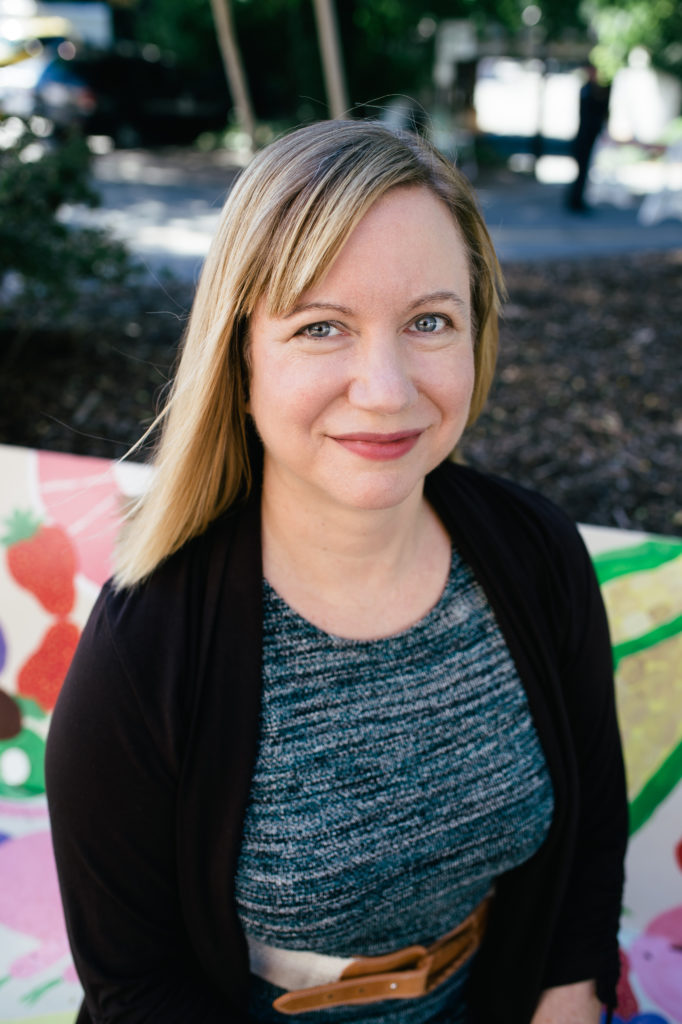
Karen Dill-Shackleford, PhD
The American Psychological Association (APA) selected Karen Dill-Shackleford, PhD, as the incoming editor of Psychology of Popular Media. The APA journal, Psychology of Popular Media, focuses on peer-reviewed research into popular culture and general media influences on individual, group, and system behavior. [Read APA Editor Spotlight]
It’s easy to trivialize popular media. But, the fact is, many of our pressing social problems play out in those spaces. If we understand their dynamics, we can help make things better.”
Karen Dill-Shackleford, PhD, is doctoral faculty in Media Psychology at Fielding Graduate University’s School of Psychology. Dr. Shackleford is a social psychologist who studies the social construction of reality via media. For example, she studies how people’s beliefs, attitudes and ideas are influenced by our consumption of fictional narratives in all of their forms. She also investigates the relationship between being a fan or consumer of popular culture fiction and positive outcomes such as well-being, empowerment and positive belief change. Ultimately, she is interested in better understanding how our interactions and relationships with characters and stories can change us. She has focused particular attention on our understanding of social categories such as race, gender and sexual orientation in the media shapes our social thinking, including that related to identity, stereotypes, prejudice and well-being. In addition to her work on narrative fiction and social categories, she also does research on social media, including how we construct social realities via social media. She is the author of How Fantasy Becomes Reality (Oxford, 2009, 2016), co-author of Finding Truth in Fiction (Shackleford & Vinney, Oxford, 2020) the editor of The Oxford Handbook of Media Psychology (2013) and the Incoming Editor of Psychology of Popular Media, a journal published by the American Psychological Association. Her TEDx talk is called Sherlock Holmes and Harry Potter are Real.
Part of the nature of media psychology research is that we constantly have to pivot to what’s happening in the world. It’s very easy to see that now with our global pandemic experience and the many ways media is part of that experience….
I hope to attract media psychology scholarship that is grounded in the foundations of psychology scholarship and that pivots with our changing times in a way that’s beneficial to society.”
— Karen Dill-Shackleford, PhD
ABOUT THE JOURNAL
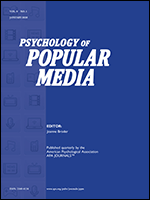 Psychology of Popular Media® is a peer-reviewed scholarly journal dedicated to publishing empirical research concerning the psychological experience and effects of human interaction with popular media in all of its forms including social media, games, apps, and fictional narratives in all of their forms (e.g., film, television, books). APA Journals produces an array of scholarly journals that cover the spectrum of modern psychology and feature the latest research in the field. [Learn more]
Psychology of Popular Media® is a peer-reviewed scholarly journal dedicated to publishing empirical research concerning the psychological experience and effects of human interaction with popular media in all of its forms including social media, games, apps, and fictional narratives in all of their forms (e.g., film, television, books). APA Journals produces an array of scholarly journals that cover the spectrum of modern psychology and feature the latest research in the field. [Learn more]
Upcoming Media Psychology Symposium (July 16 & 17th)
Dr. Dill-Shackleford will be moderating the panel “Parasocial Relationships and Changing World Conditions” at the upcoming Virtual Media Psychology Symposium (MediaPsychologySymposium.com). This is an international event with media psychology experts participating from around the world.
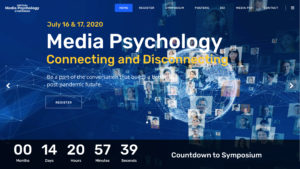 The “Media Psychology Symposium: Building A Better Post-Pandemic Future” is a virtual conference, so conference attendees can participate from anywhere. Join the conversation that builds a better post-pandemic future. Listen and engage with experts in media and psychology from around the world. Network with a global community of creatives, media psychologists, and business professionals.
The “Media Psychology Symposium: Building A Better Post-Pandemic Future” is a virtual conference, so conference attendees can participate from anywhere. Join the conversation that builds a better post-pandemic future. Listen and engage with experts in media and psychology from around the world. Network with a global community of creatives, media psychologists, and business professionals.
This a FREE EVENT sponsored by Fielding Graduate University. Registration is required. Sign up today!
Join Over 7,500 Fielding Alumni Located Around The World!
Change the world. Start with yours.™
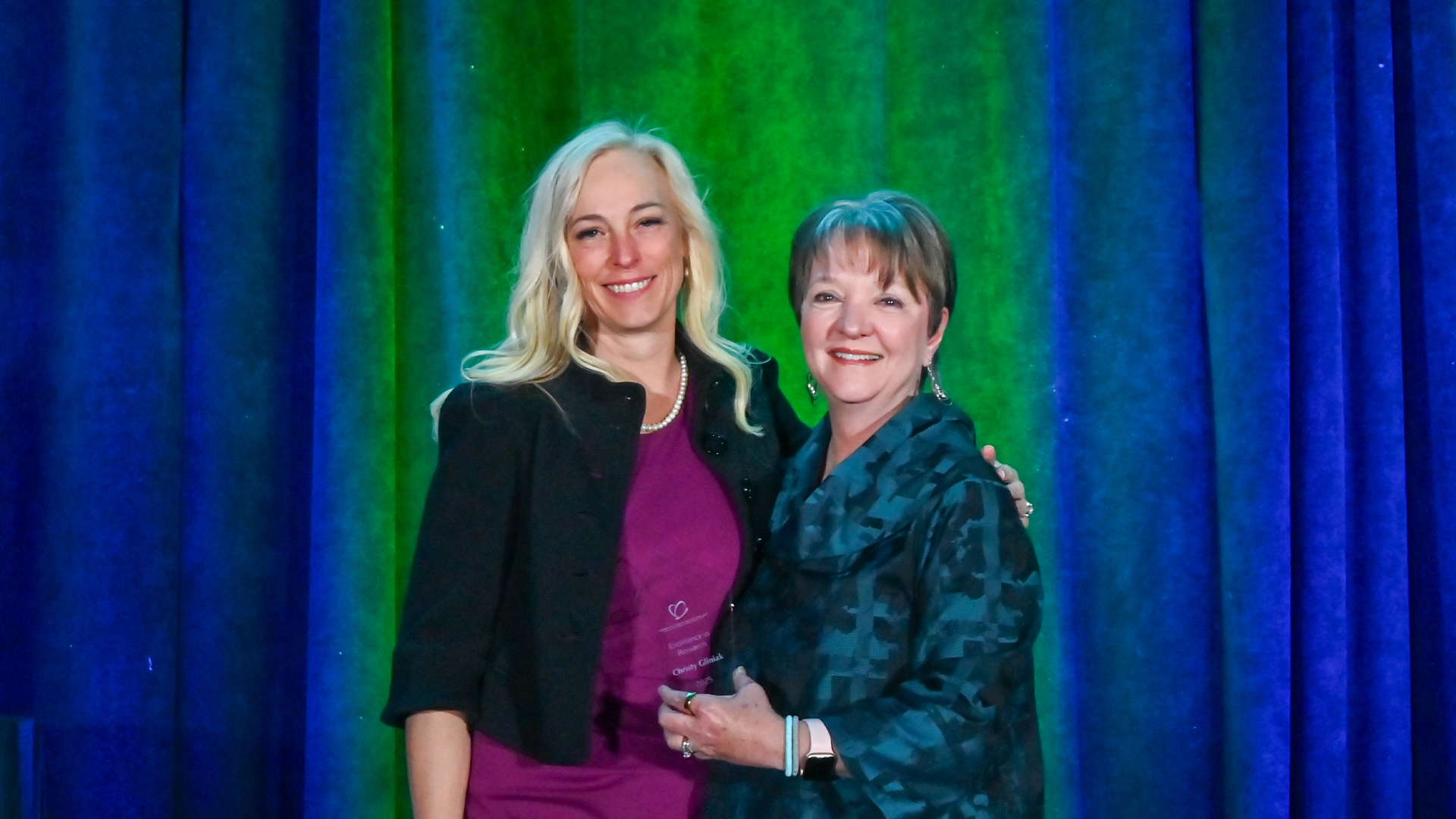
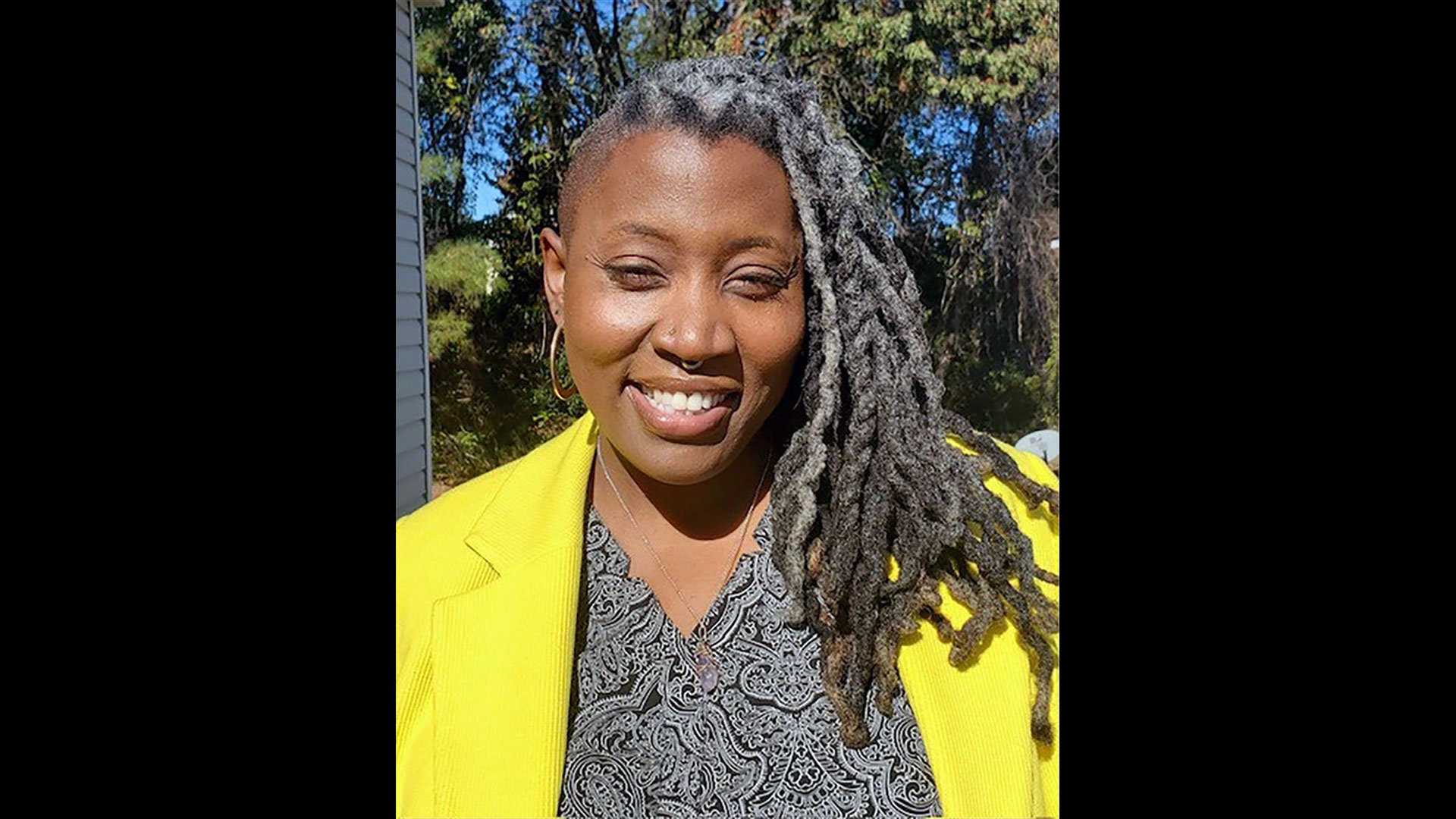
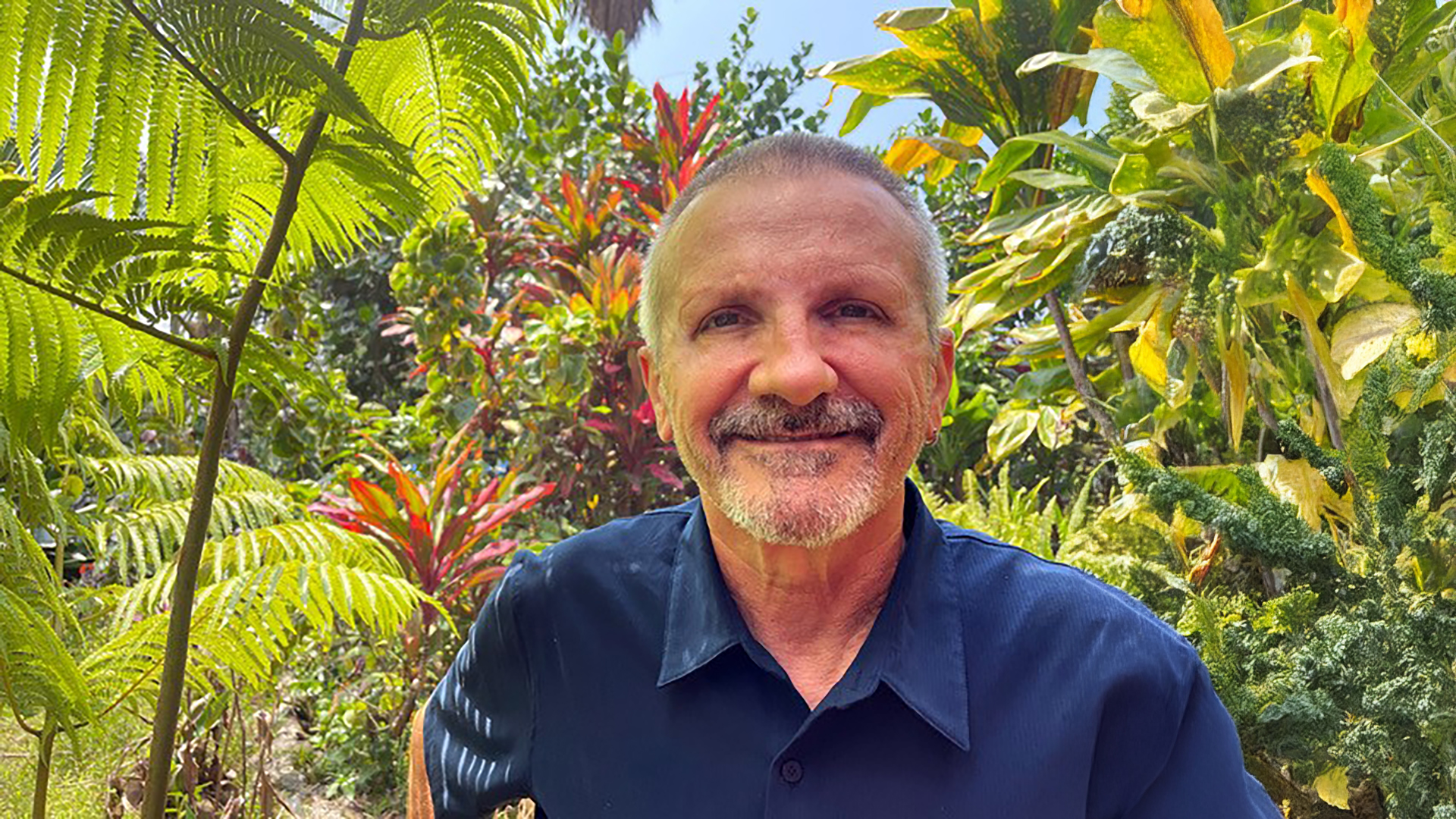



Get Social